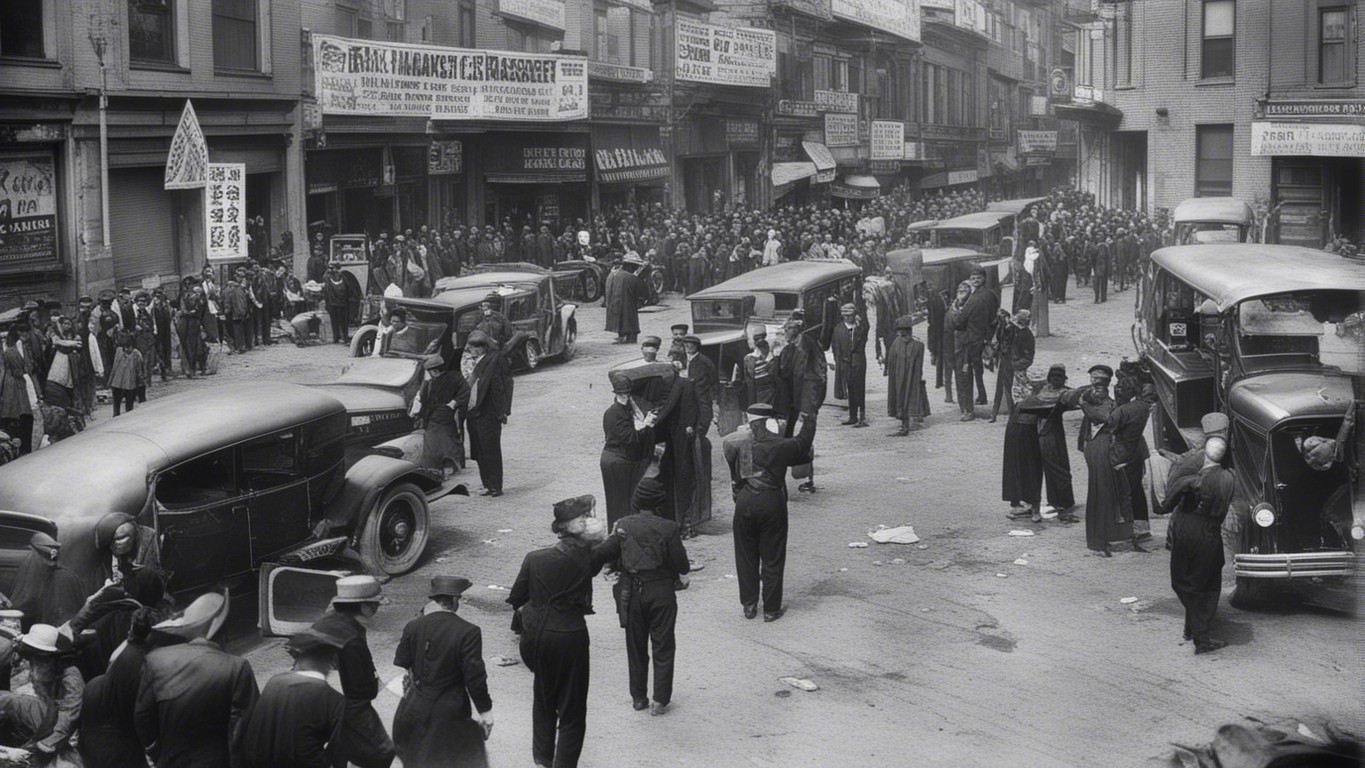Unimaginable Horror: The Crime Scene
On February 18, 1983, in Seattle’s International District, the Wah Mee gambling club became the stage for one of the deadliest mass shootings in Washington state’s history. Thirteen people were killed and one seriously injured in an armed robbery turned massacre. The crime shocked the community and prompted an immediate and extensive investigation.
“It was a chilling scene of carnage, unlike anything the city had witnessed before,” Seattle Police Chief Patrick Fitzsimons said in a press conference following the incident.
Culprits and Motivation
Three men were involved in the massacre: Kwan Fai “Willie” Mak, Benjamin Ng, and Wai-Chiu “Tony” Ng. Their motive was robbery, but the brutal killings turned it into one of the most notorious crimes in U.S. history. The trio was reportedly familiar with the illegal gambling den, which allowed them to enter and execute their crime with a chilling level of precision.
“From the evidence gathered, it became clear that this was a well-planned and cold-blooded act,” said lead investigator Robert Lee.
The Hunt and Arrests
In a sweeping effort, law enforcement agencies launched an extensive manhunt. Mak and Benjamin Ng were apprehended shortly after the crime, while Tony Ng evaded arrest for several months before being captured in Canada.
“The determination to bring these individuals to justice was unwavering, galvanized by the sheer magnitude and brutality of the crime,” recounted FBI agent Lisa Olsen.
Legal Proceedings and Sentencing
Mak and Benjamin Ng were quickly tried and found guilty of multiple counts of murder and robbery. They were sentenced to life in prison without the possibility of parole. Tony Ng, however, was convicted on lesser charges of robbery and assault, claiming he was forced to participate under duress. He was deported to Hong Kong in 2014 after serving over 20 years in prison.
“The sentencing, though just, could not undo the tremendous loss and suffering inflicted on families and the broader community,” said prosecuting attorney Michelle Jensen.
Community Impact and Long-Lasting Effects
The massacre had a profound and lasting impact on Seattle’s community, particularly its Asian American residents. The event shattered the illusion of safety and led to increased vigilance and security measures in local businesses and gathering places.
“Beyond the immediate horror, the Wah Mee Massacre became a point of reckoning for community safety and intercultural relations,” explained community leader David Lee.
Legacy and Cultural Reflection
The Wah Mee Massacre remains a grim chapter in American crime history. Memorials and discussions have taken place over the years, ensuring that the victims are remembered and lessons are learned to prevent similar tragedies in the future.
“This isn’t just a story of crime and punishment; it’s a lesson about the vulnerabilities that exist in every community and the imperative for societal vigilance,” concluded historian Elaine Woo.
